There are more Muslims in South Asia today, numbering almost 400 million, than in any other region of the world. Only Indonesia has a larger Muslim population than India, Bangladesh, or Pakistan. Divided into a number of subregional and national communities, the interaction of Islam and the Indian environment has played a crucial role in the making of their history and sociology. While historians have for long regarded South Asia as an area of immense interest from the Muslim point of view, and many approaches and schools of historiography flourish, high-quality sociological studies of these Muslim communities are rather rare. Some improvement in this regard has been noticeable, however, in recent years. The present volume of 16 essays, drawn from the files of Contributions to Indian Sociology (1972-99), is offered to interested readers in the hope that it will stimulate research and prove useful in the classroom. While the essays deal with a number of subjects from a variety of perspectives, they are all very rich in data and theoretically mature. Contributed mainly by sociologists and social anthropologists, and also by historians, the volume is a noteworthy interdisciplinary effort. It also represents international collaboration in scholarship, with nine contributors from South Asia and seven others from England, France and the USA.
The Scheduled Tribes and their India: Politics, Identities, Policies and Work
A people in need of quick ...
$98.10
$109.00

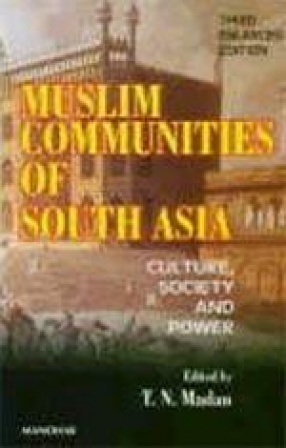
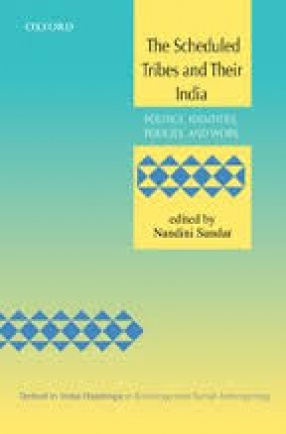
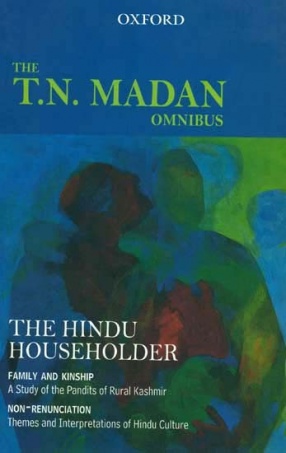
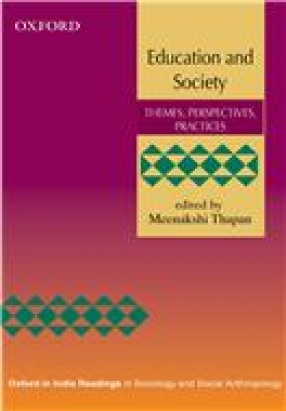

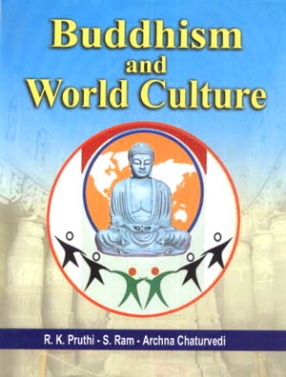
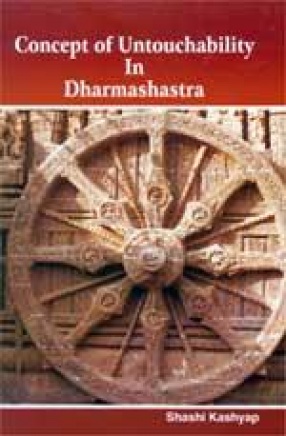
There are no reviews yet.